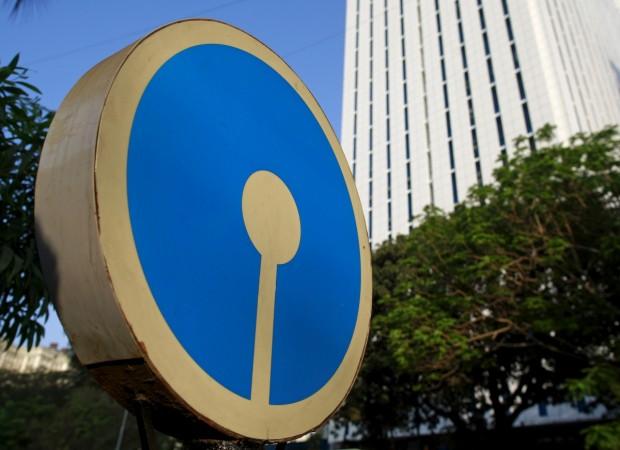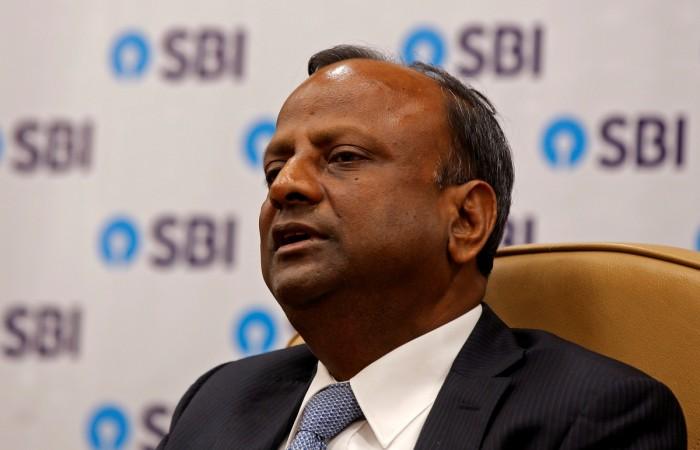Following the recent Yes Bank crisis and the State Bank of India (SBI) emerging as the saviour to acquire 49 per cent stake, the PSU bank now makes another crucial move to rationalise interest rates on all savings bank accounts to flat 3 per cent per annum and issues a waiver on minimum quarterly balance requirement.
Earlier in the day, the bank also reduced its fixed deposit rates and the marginal cost of funds-based lending rates for various tenors.

Major announcements by the SBI
Currently, it's required of SBI savings bank customers to maintain an average monthly balance of Rs 3000 in metro areas, Rs 2000 and Rs 1000 in semi-urban and rural areas respectively. The interest rate on savings bank accounts as of now is 3.25 per cent for deposits up to Rs 1 lakh, and 3 per cent on deposits above Rs 1 lakh.
"This announcement will bring in more smiles and delight to our valuable customers. Waiving AMB is SBI's yet another initiative to provide customers with more convenience and elated banking experience. We believe this initiative would empower our customers towards banking with SBI and boost their confidence in SBI," said Rajnish Kumar, Chairman, SBI in a press release.
With the "Customers First" approach, the nation's largest lender with 44.51 crore savings bank accounts has also waived off SMS charges to issue a "significant relief" to its customers.
The marginal cost of funds-based lending rate (MCLR) was reduced by 10-15 basis points across tenors, which means one-year MCLR will be reduced to 7.75 per cent from 7.85 per cent with effect from March 10, 2020. "It's the tenth consecutive cut in MCLR in FY20." the bank said in a statement. The bank has also reduced interest rates on bulk term deposits (Rs 2 crore and above) by 15 basis points for 180 days and above tenure.

The equated monthly instalments (EMIs) on home loans linked to MCLR will get cheaper by Rs 7 per for a loan amount of Rs 100,000 on a 30-year term period. Also, EMIs on car loans will get cheaper by Rs 5 for Rs 100,000 loan on a 7-year tenure.
Considering adequate liquidity in the system, the SBI has realigned the interest rate on term deposits as of March 10, 2020.
The retail term deposit rates have been reduced for one year by 10 bps and by 50 bps for up to 45 days. The bulk term deposit rates have been reduced by 15 bps for 180 days and above tenors.
The bank has announced an increase in rental charges for safe deposit lockers with effect from 31 March 2020.
For small lockers, in metro and urban areas excluding GST, the price has increased from Rs. 1500 to Rs 2000, for medium lockers from Rs 3000 to Rs 4000, for large lockers from Rs 6000 to Rs 8000, and Rs 9000 to Rs 12,000 for extra-large lockers. There has been a minimum price increase for locker prices in semi-urban and rural areas as well.
Why did the bank rationalize interest rates?
In the past, the bank used to levy a penalty of Rs 5 to Rs 15 plus taxes on non-maintenance of average minimum balance.
With the economy witnessing a slowdown, and the banking sector thriving in an environment of uncertainty, why did one of the nation's largest lenders decide to rationalise interest rates on savings bank accounts and issue a waiver on average minimum balance?

While we could buy into the fact that the bank intends to improve on its customer service and enhance experiences, does it also mean lower deposit rates will drive lower lending rates and coax businesses to borrow? Will super-low bank interest rates drive more consumer spending? Will these also lead to growth in overall private consumption and investment? These are a couple of questions that demand answers from the central government lending institution.
Since private-sector lenders such as ICICI, HDFC, Axis and others have a minimum balance requirement of at least Rs 10,000 in the customer's savings bank account. It is evidently clear that SBI's move is intended to attract more customers to nationalized public-sector banking over the private lending institutions.
It is anticipated that most banks now will likely follow the SBI's footsteps towards slashing interest rates on SB accounts and waiving off minimum balance requirements.
In another recent development, SBI's Executive Committee of Central Board (ECCB) has approved the bank's decision to invest Rs 7,250 crore in Yes Bank by purchasing 725 crore shares priced at Rs 10 each.
According to the draft reconstruction plan, SBI is to be issued 245 crore shares at Rs 10 per share for Rs 2,450 crore. The bank cannot reduce its holding to below 26 per cent in Yes Bank before completion of three years, starting from the date of infusing capital.














